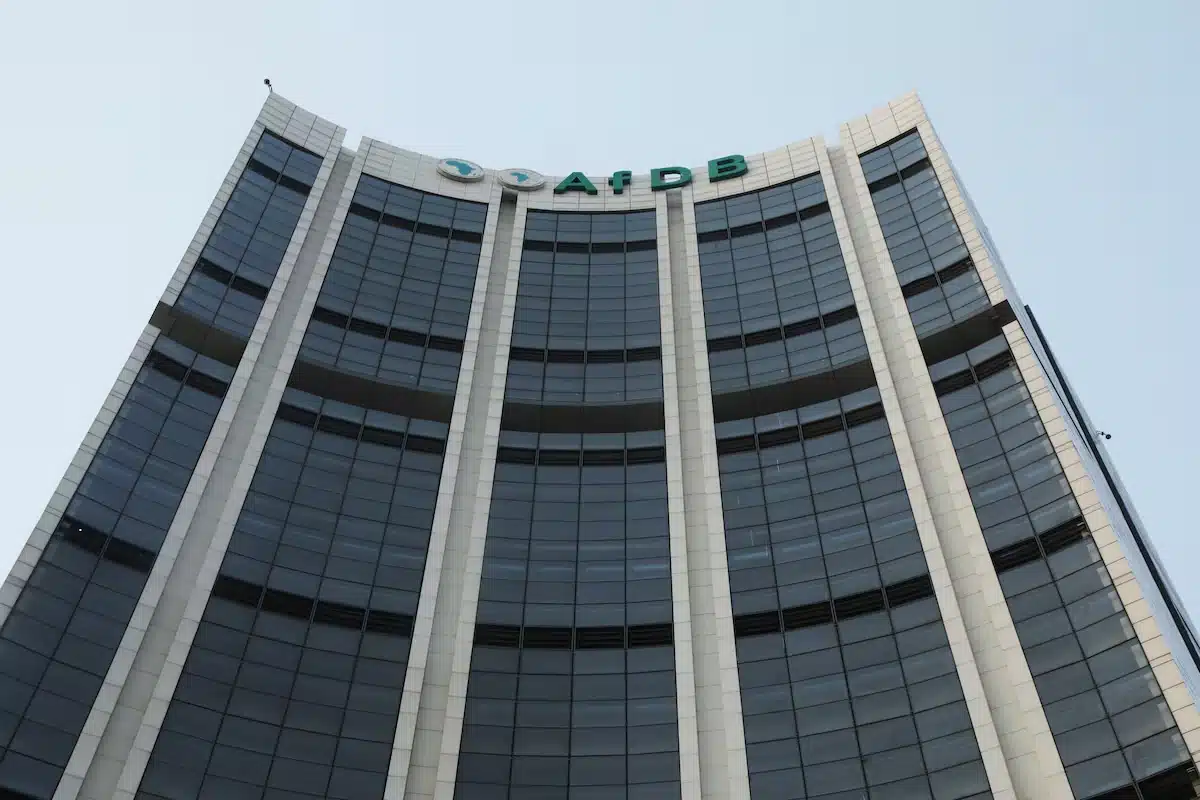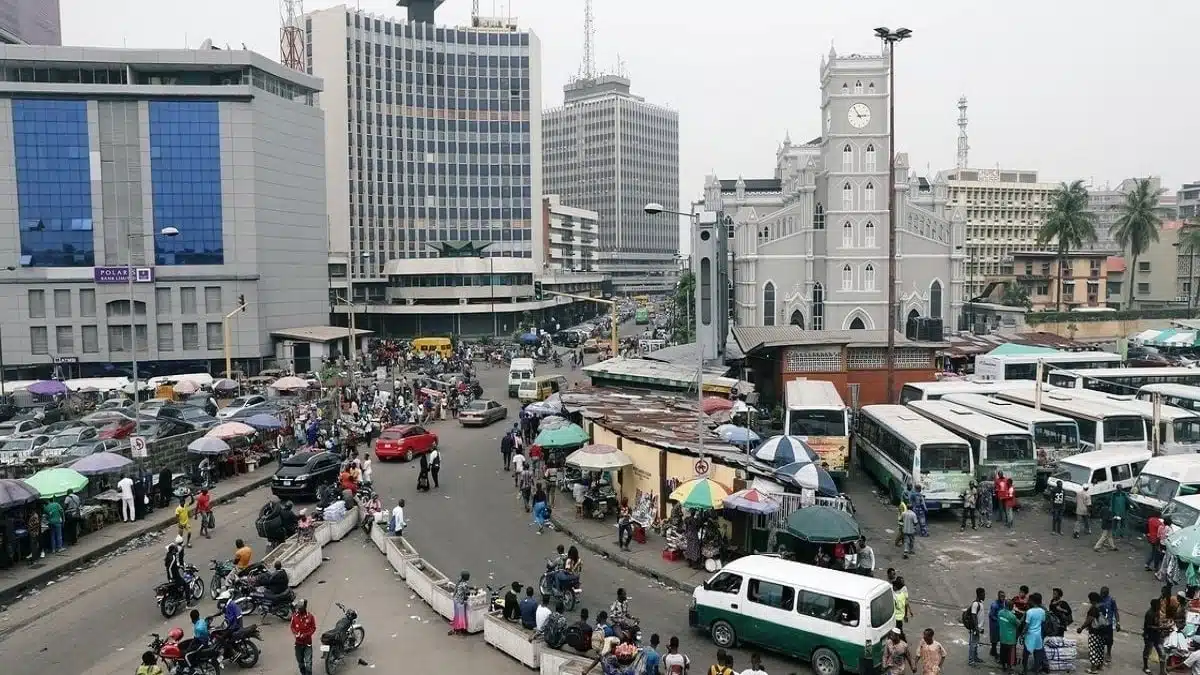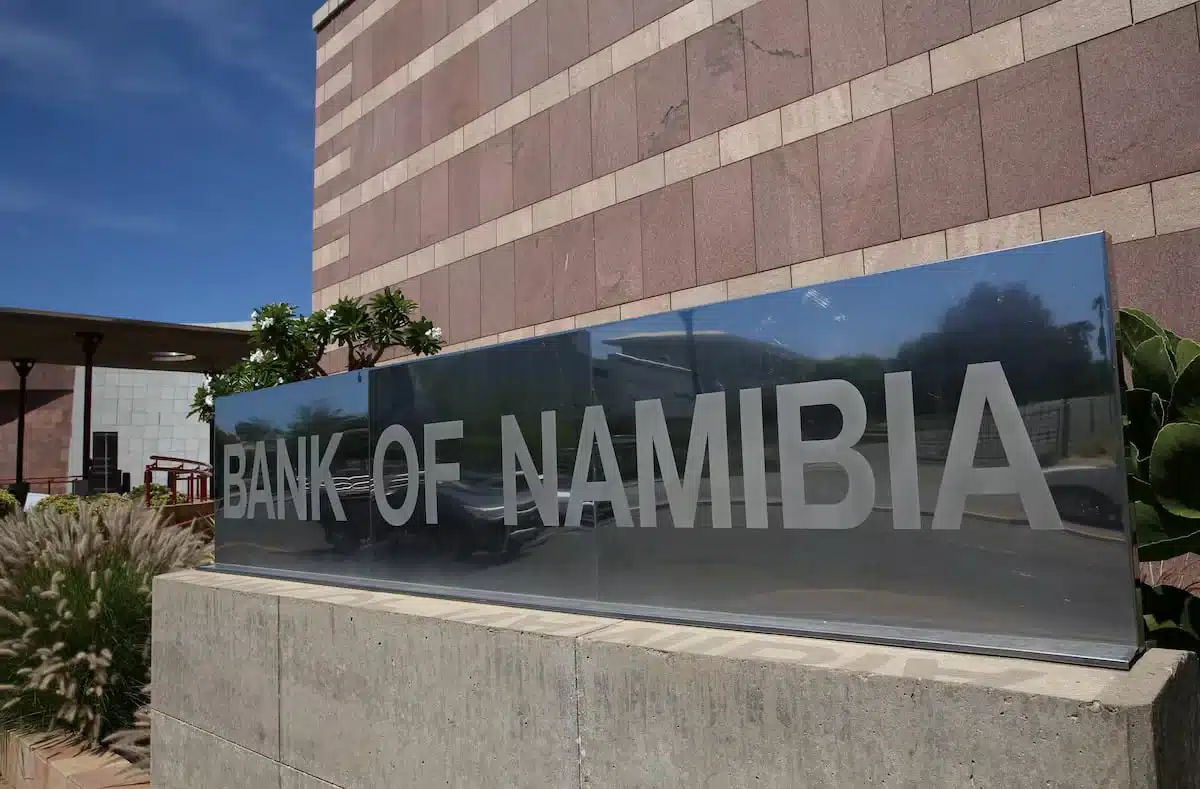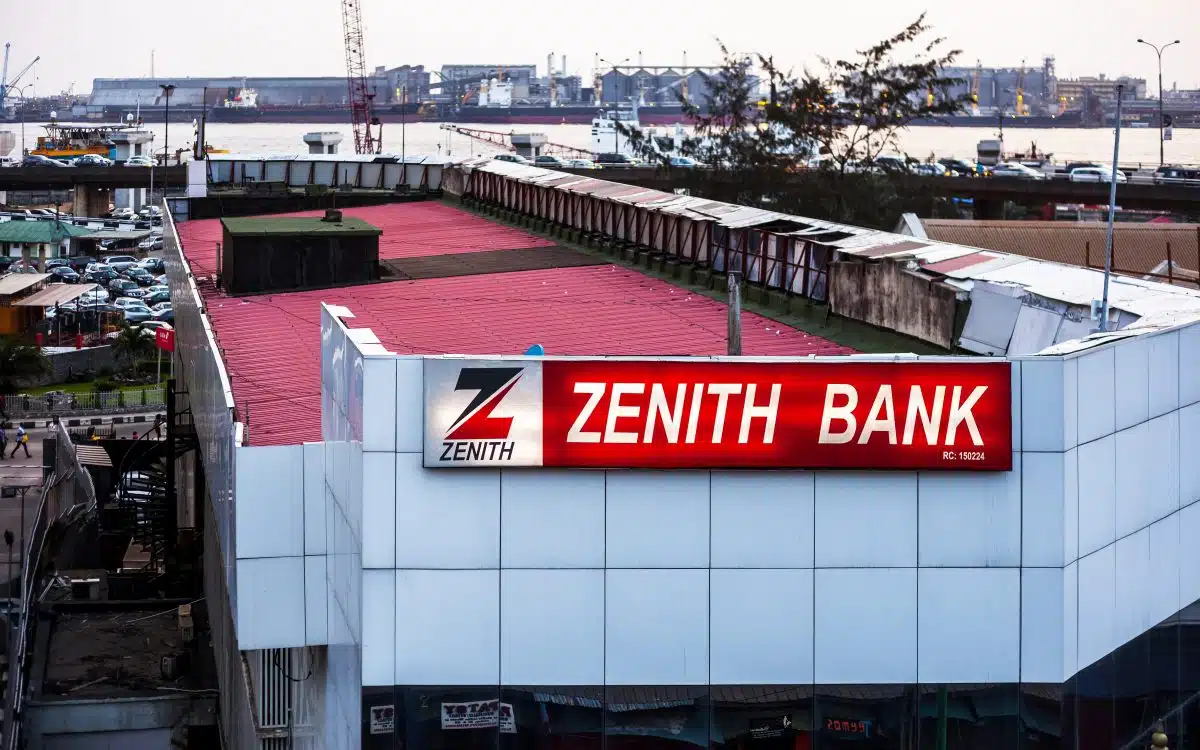South Africa’s manufacturing sector remained under pressure in February, with business conditions deteriorating for the third consecutive month, according to the latest Absa Purchasing Managers’ Index (PMI).
Absa is one of South Africa’s largest banks and a key player in economic analysis, sponsoring the country’s PMI – a widely watched measure of manufacturing activity.
The seasonally adjusted PMI slipped to 44.7 from 45.3 in January, marking a fourth straight month in contractionary territory.
“The manufacturing sector has seemingly not picked up following its poor performance towards the end of last year,” Absa stated, highlighting subdued activity and weak demand across key industries.
While business activity showed a marginal recovery, rising to 43.5, and new sales orders improved to 42 from 37.4 in December, both remained in negative territory.
Export sales also rebounded slightly but stayed below November levels.
Trade disruptions with Mozambique due to political turmoil and fuel shortages affecting air freight have hindered production and demand, worsening the sector’s performance.
Additionally, the planned closure of ArcelorMittal’s longs business in South Africa is expected to affect manufacturers over the next six to 12 months.
Logistics pressures, employment concerns weigh on outlook
Despite a slight increase in activity, the other key components of the PMI weakened.
The supplier deliveries index fell to 49.9, suggesting faster delivery times. While this could indicate improving supply chains, the report noted that it more likely reflects weaker demand for supplied goods rather than increased efficiency.
Employment remains a major concern, with the employment index dropping to 44.4, marking its tenth straight month of contraction.
Employment in the sector had already declined throughout 2024, and the latest PMI data suggests a slow road to recovery.
The inventories index also declined to 46.5 from 50.7, pointing to further caution among manufacturers.
Cost pressures rise amid weaker rand, higher fuel prices
After months of decline, cost pressures resurfaced as the purchasing price index climbed to 68.2 in January. This increase was driven by a weaker rand and rising international oil prices, leading to a fuel price hike at the start of the year.
With another fuel price increase expected in February, manufacturers are bracing for higher input costs. These renewed cost pressures could explain why expectations for business conditions in six months fell to 64.9.
“Uncertainties about global trade dynamics could have added to the drop,” the report noted.
However, despite the decline, the current level suggests that manufacturers remain cautiously optimistic about the medium-term outlook.
As economic headwinds persist, the manufacturing sector faces a critical period ahead, with logistics challenges, geopolitical risks, and rising costs shaping its trajectory.











